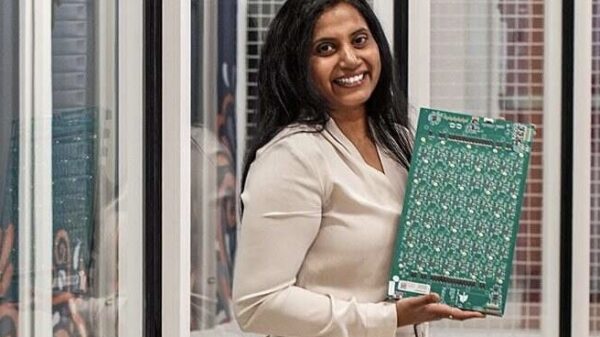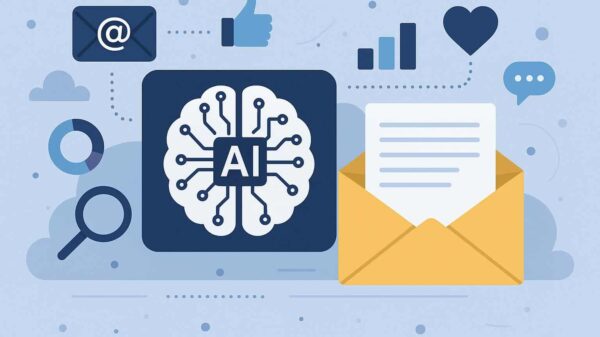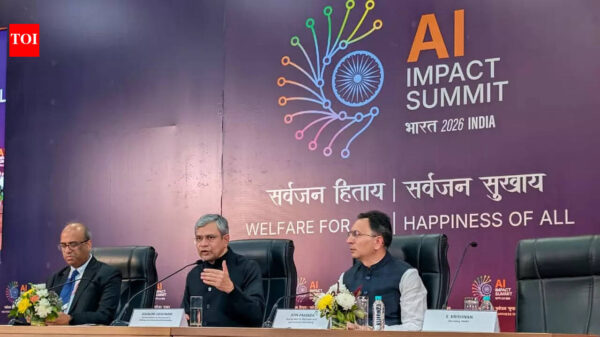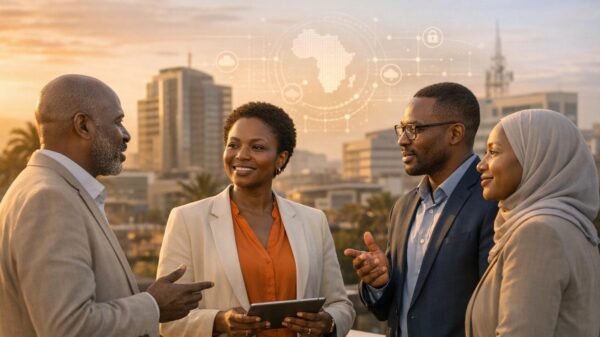Report by Dounia Ben Mohamed, Conakry – Images by Emmanuel Millimono
Africa is poised for a significant digital transformation, driven by the rise of artificial intelligence (AI) tailored to its unique challenges and opportunities. The objective is clear: to develop AI that is not only accessible but also respects local languages and cultures, and effectively addresses issues in education, healthcare, agriculture, and financial inclusion.
According to a report from the African Union and the African Development Bank, the AI market in Africa could generate nearly $20 billion by 2030, with a remarkable annual growth rate of 25% anticipated in sectors such as fintech, e-health, and smart cities.
Strategic Initiatives to Drive AI Development
The inaugural Transform Africa Summit, hosted in Guinea, served as a vital platform for discussing the continent’s AI priorities. During this event, stakeholders including governments, businesses, and educational institutions engaged in meaningful dialogue about innovative initiatives aimed at making AI inclusive and relevant to local contexts.
“AI for Africa is an equalizer. Even in rural areas or among non-literate populations, it can enable everyone to actively participate in economic and social development,” said Lacina Koné, Director General of Smart Africa.
Koné emphasized that adapting AI to local languages—such as Wolof, Berber, or Arabic—can help millions who have been excluded from digital tools actively participate in the economy. Major African languages should thus be seen as conduits for digital inclusion rather than obstacles.
In the realm of education, AI presents unprecedented opportunities. Personalized digital agents can guide students remotely, facilitating access to knowledge for those far from educational institutions. In healthcare, AI-assisted diagnostic systems can swiftly analyze patient data, identifying anomalies and directing individuals to appropriate care. Economically, digital platforms empower entrepreneurs, particularly rural women, enabling them to create and manage businesses while connecting to global markets.
The Role of Education and Infrastructure
However, the realization of a “Made in Africa” AI ecosystem necessitates substantial groundwork. Guinea, the host of TAS2025, has adopted a dedicated AI development strategy, which includes training 1,500 women in digital skills to help them generate value from home.
Rose Pola Pricemou, Guinea’s Minister of Telecommunications and Digital Economy, highlighted that digital technology is fundamental across all sectors, stating, “Whether it is energy, education, industry, or health, digital must empower every sector.” This vision translates into significant investments aimed at creating tech hubs, training initiatives, and legal reforms in data protection and tax incentives.
“Our students must become AI creators, not just consumers,” emphasized Conrad Tucker from Carnegie Mellon Africa.
Educational institutions like Carnegie Mellon Africa and the African Virtual University are training students from over twenty countries to become AI experts capable of designing algorithms and managing datasets tailored to local needs. This technical proficiency is essential for ensuring that AI models accurately reflect African values and priorities.
Developing robust infrastructure and regulatory frameworks is also critical. Initiatives such as the Smart Africa Data Exchange Platform (SADX), implemented in countries like Benin, Ghana, and Rwanda, aim to facilitate digital identity verification and cross-border interoperability, laying the groundwork for a unified digital market.
Challenges and Future Directions
Despite these advancements, challenges such as internet access, connectivity costs, and data protection remain pivotal. Achieving technological sovereignty involves not just using AI but producing it locally—creating datasets, training talent, and hosting data within Africa. Koné stresses the importance of preserving local languages and cultures in the development of AI technologies.
Collaboration is also vital for success. The launch of Telemo, a platform for public procurement developed in partnership with Rwanda, and the collaboration between Smart Africa and YouthConnekt Africa exemplifies the commitment to mobilize youth in the digital transformation process.
“AI is not just a technological revolution; it is a catalyst to accelerate our digital transformations and include every African in the continent’s development,” concluded Koné.
As preparations for the next Transform Africa Summit begin, one thing is clear: Africa is determined to take a proactive role in the global AI landscape, leveraging its talents, cultural richness, and vision for the future.
 AI Chatbots Mislead UK Consumers on Financial Advice, Which? Study Reveals Major Errors
AI Chatbots Mislead UK Consumers on Financial Advice, Which? Study Reveals Major Errors Denmark Proposes Landmark Law to Protect Rights to Image and Combat AI Deepfakes
Denmark Proposes Landmark Law to Protect Rights to Image and Combat AI Deepfakes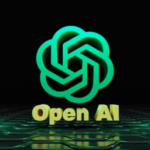 OpenAI Explores Personalized Ad Model for ChatGPT Amid Rising Commerce Queries
OpenAI Explores Personalized Ad Model for ChatGPT Amid Rising Commerce Queries MMI Wins 2025 AI Pioneer Award for Transformative Mortgage Tech Using AI Insights
MMI Wins 2025 AI Pioneer Award for Transformative Mortgage Tech Using AI Insights Google DeepMind Launches WeatherNext 2, Achieving Global Forecasts in Under a Minute
Google DeepMind Launches WeatherNext 2, Achieving Global Forecasts in Under a Minute














